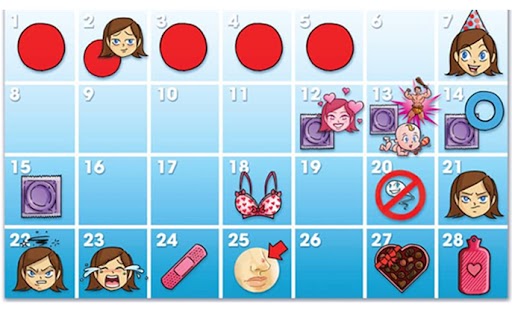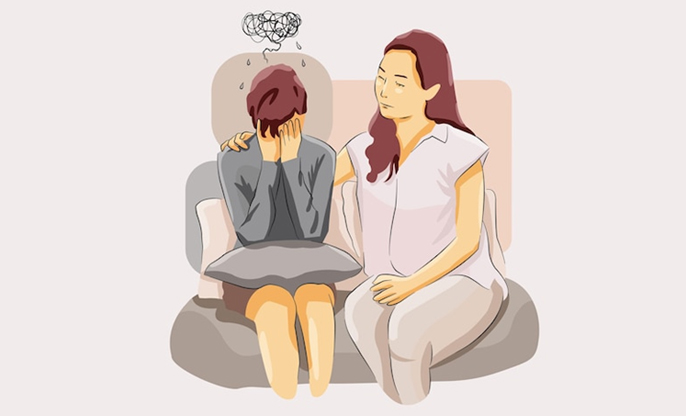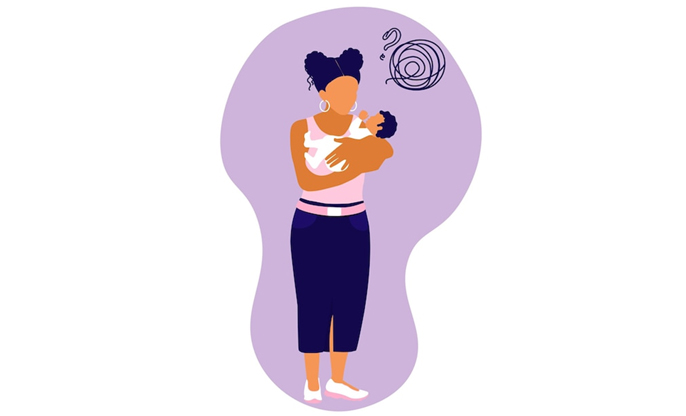
Combating Perinatal Depression
Perinatal depression wraps around some of us like a silent fog during pregnancy and the months following childbirth, affecting roughly 15% of mothers. It's more than just 'baby blues'; it's a profound mood disorder that can deeply affect our lives and our relationships with our children. This piece shares a closer look at perinatal depression and practical ways we can manage and move beyond it.
Feeling the
Changes Within
Perinatal depression involves emotional, physical, and behavioral changes that can occur during pregnancy and continue up to a year postpartum. We might feel persistently sad, anxious, or drained, often without a clear reason. It’s like battling a storm where feelings of guilt, confusion, and worthlessness overwhelm us. The trigger could be anything from hormonal shifts and past depression to current stresses or feeling unsupported.
Recognizing the
Signs
The signs of this depression are not always clear cut but
often include:
● An
unshakeable sadness or frequent crying spells
● A
deep-seated sense of emptiness or worthlessness
● Losing
interest in things once loved
● Eating
and sleeping more or less than usual
● Feeling
unusually irritable or angry
● Having
trouble feeling connected to the baby
● Pulling
away from loved ones
● Dark thoughts about harming oneself or the baby
Pathways to Light
● Seek Professional Support: Step
one is recognizing we need help and reaching out for it. A healthcare provider
can guide us towards therapy or medication, or both, tailored to our needs.
● Open Conversations: Sharing
our inner turmoil with a partner, loved ones, or a support group can lessen the
weight of loneliness and garner support.
● Rest and Recharge: In the
whirlwind of new motherhood, it’s crucial we find time to rest. Let’s ask for
help to share baby care duties and prioritize our own sleep.
● Eat Well: Our eating
habits can influence our mood. A diet filled with fruits, vegetables, whole
grains, and proteins can stabilize our mood swings.
● Move a Little: Exercise isn’t
just about physical health; it's a powerful mood lifter, thanks to those
endorphins. A walk with the stroller might be just what we need.
● Create a Routine: Structuring our
day can give us a sense of control. Simple, predictable daily activities can
help soothe anxiety.
● Mindfulness and Relaxation:
Practices like yoga or meditation can calm the storm inside, helping us find
peace and clarity.
● Adjust Expectations: Motherhood doesn’t have to be perfect. It’s okay to have hard days and acknowledging this can relieve so much pressure.
Perinatal depression is daunting, but understanding it and embracing supportive strategies can light our path back to joy. We’re not alone in this journey; there is always help and hope. Let’s hold onto that as we navigate these challenging waters, making space for more joy in motherhood.
















